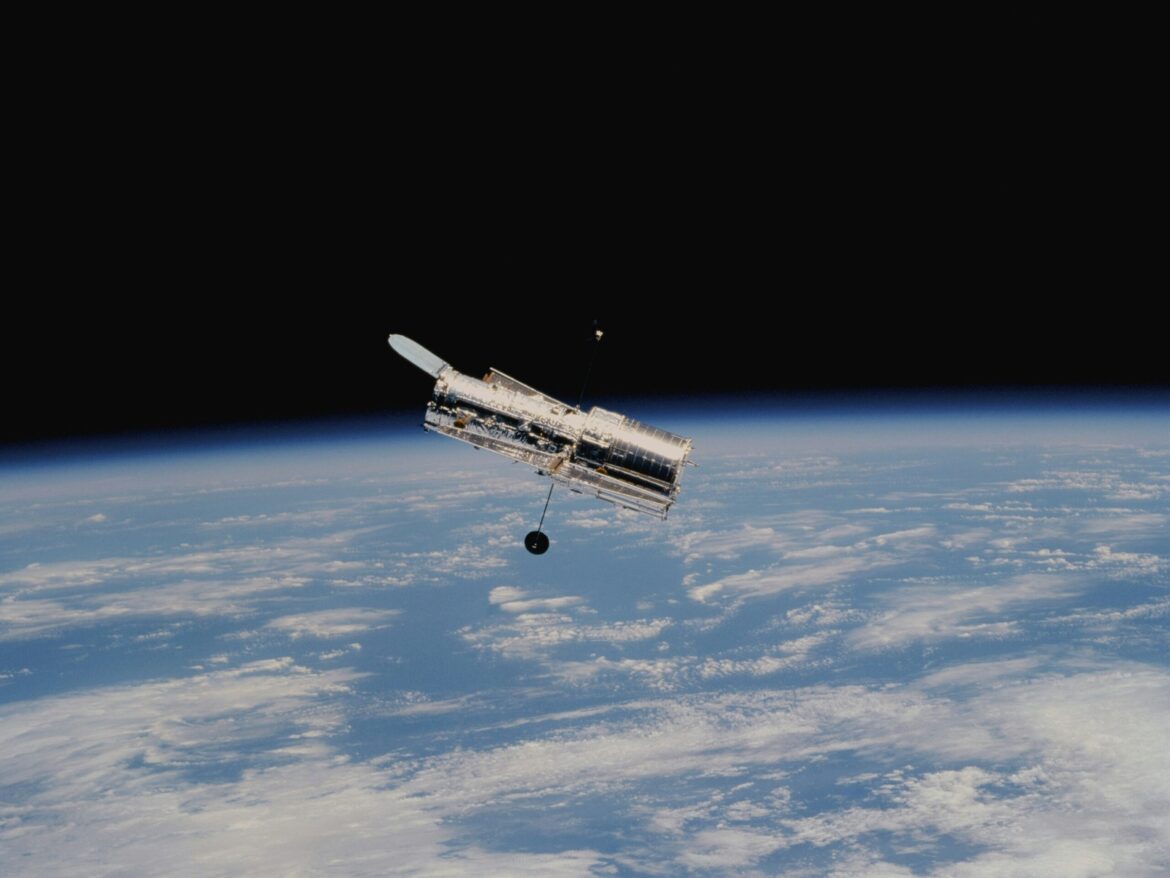A Groundbreaking Achievement in Space Exploration
On April 1, 2025, the Fram2 mission achieved a historic milestone in space exploration by becoming the first crewed spaceflight to enter a polar retrograde orbit. Launched aboard a SpaceX Falcon 9 rocket, the mission marks a significant leap forward in both private spaceflight and scientific research. Led by the innovative private space company Fram, this ambitious mission offers the opportunity to conduct groundbreaking research in an orbit that flies over Earth’s poles, providing unprecedented views and valuable data collection.
The Polar Retrograde Orbit: A Unique Path
The polar retrograde orbit chosen for the Fram2 mission is unique because it takes the spacecraft over Earth’s poles in the opposite direction of the planet’s rotation. This orbital path allows for a distinctive vantage point of the planet and its environment, offering a perspective that has never been fully utilized for crewed missions. By following this path, Fram2 opens up new possibilities for studying Earth’s atmosphere, magnetosphere, and climate from an entirely new angle, providing researchers with a wealth of data that has not been accessible before.
Innovative Science and Data Collection
One of the primary goals of the Fram2 mission is to gather scientific data that can advance our understanding of Earth and space environments. The orbit will provide the crew with the opportunity to monitor Earth’s magnetic field, atmospheric conditions, and other phenomena that are crucial for studying space weather, climate change, and Earth’s ecological systems. Additionally, the spacecraft’s unique orbit will allow for high-resolution imagery of Earth’s polar regions, which can contribute to climate science and the monitoring of ice cover and ocean currents.
The Role of Fram and SpaceX in the Mission’s Success
The Fram2 mission is a testament to the growing role of private space companies in advancing space exploration. Fram, with its focus on cutting-edge technology and scientific discovery, has played a crucial role in the planning and execution of this mission. Partnering with SpaceX, known for its reliable Falcon 9 rockets, Fram was able to successfully launch the mission into its highly specialized orbit. This collaboration highlights the increasing importance of private sector involvement in space exploration and the growing capabilities of commercial space companies.
Implications for Future Space Missions
The success of Fram2 not only marks a historic moment for crewed spaceflight but also sets the stage for future missions that will explore unconventional orbital paths. The polar retrograde orbit opens up new opportunities for research and exploration, allowing for more detailed and varied studies of Earth and other celestial bodies. Additionally, this achievement demonstrates the feasibility of complex crewed missions in unusual orbits, paving the way for future endeavors that will expand humanity’s reach into deep space.
A New Era in Space Exploration
The Fram2 mission is a significant step toward expanding our understanding of space and Earth. By successfully completing the first crewed mission to a polar retrograde orbit, Fram and its partners have demonstrated the potential for new types of scientific research that were previously out of reach. This mission is a clear indicator that we are entering a new era in space exploration, where the boundaries of scientific discovery are continually being pushed, and where private companies are playing an increasingly important role in shaping the future of space.

